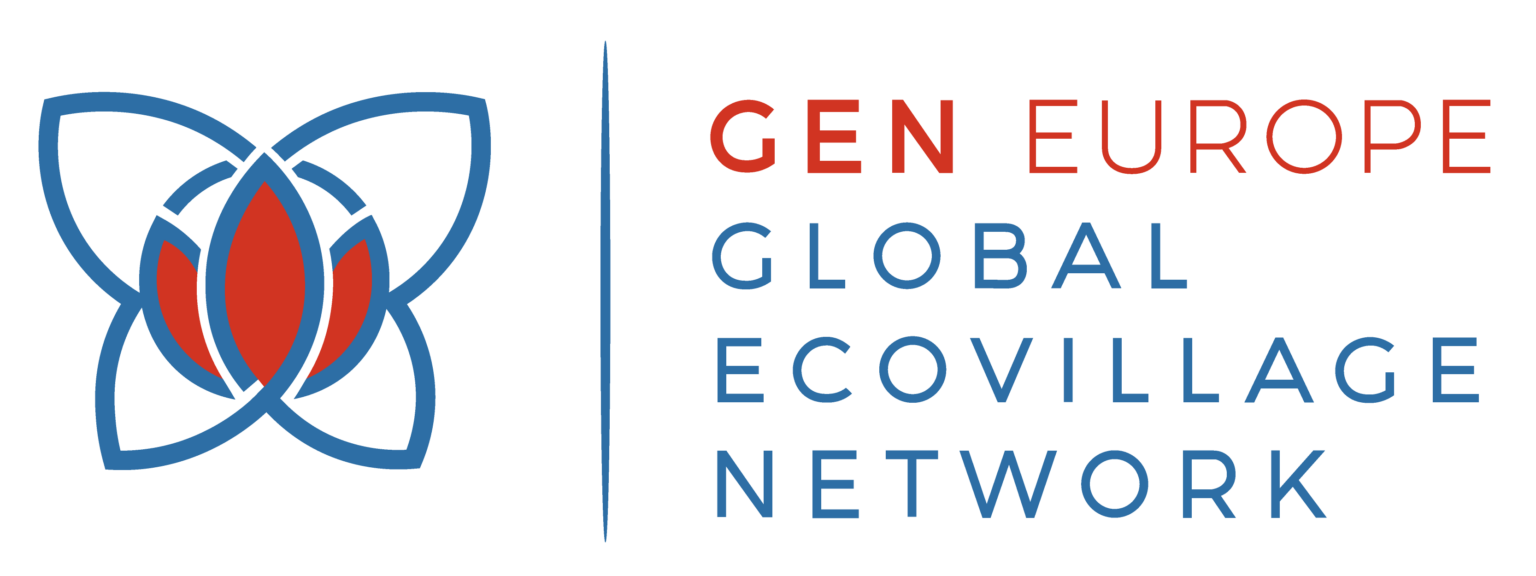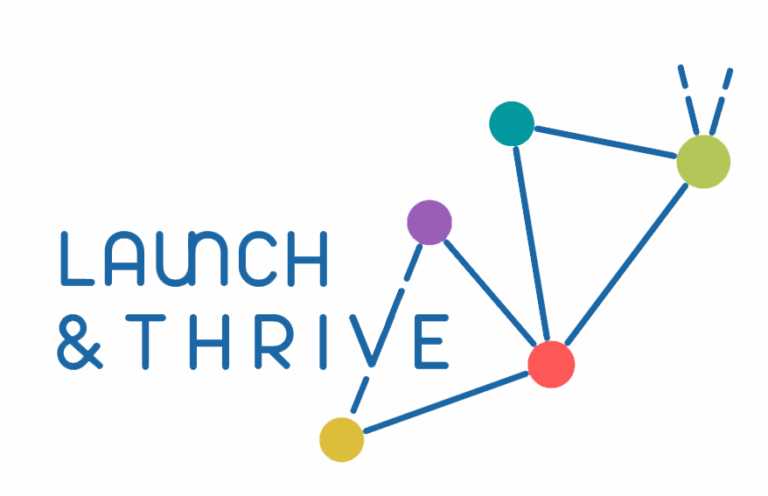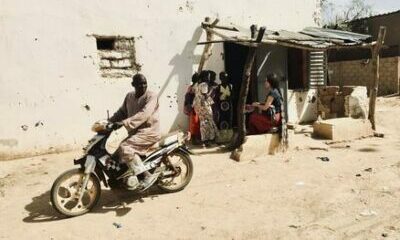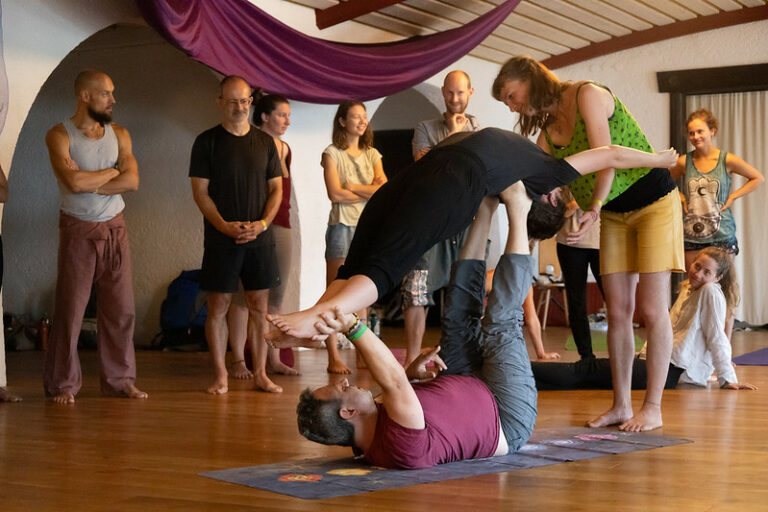My Magic of Findhorn by Mary Inglis
During our Staff and Council meeting in the Findhorn Ecovillage, we were delighted to witness many contributions offered by the community during the celebration of Findhorn’s 62nd birthday. We were particularly touched by a heartfelt sharing of Mary Inglis, a prolific writer who has been calling Findhorn her home for many decades now.
Mary was kind enough to share her insightful story in written form, so it may be shared far and wide, touching the hearts of many. Enjoy!
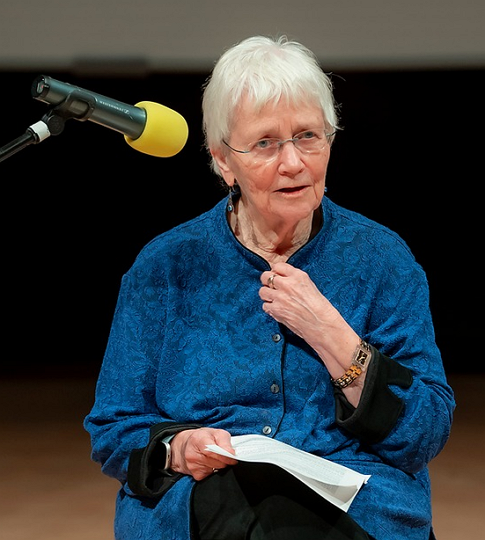
This was written for the Saturday evening sharing on the Community’s Birthday on November 17th (2024). I had been asked to share something about the early days of the Community – which of course included my own early days, so here they both are…
In 1972 my mother and I drove through from Huntly, where we were staying with relatives, for a day visit to this community we had been hearing about. We sat outside the community centre with a couple of other visitors, while John Hilton told us about the work with cooperating with the nature spirits and devas in the Findhorn garden, and following God’s guidance.
As he talked, someone behind me put their hands on my shoulders, a friendly, welcoming gesture.
When John finished talking and I turned round, there was nobody there.
I felt welcomed on a deep level.
The next spring I came to visit again, initially for a month that stretched into two. I went back to London and then a few months later came back to Findhorn to live.
On the first night I had a dream in which I was going to die. It was due to happen at 4 in the afternoon, and in the dream I was sitting in an alcove by a window shortly before 4, the sun streaming in, warming and welcoming me. I was happy, grateful, welcoming what was to come. This was the right thing to be happening. A new life.
This place has loved me and held me ever since.
Back then, there was a chicken run where the Hall is now, plus a couple of goats.
Apart from a few of the older community members who had bought bungalows, mostly in the central area, most of us lived four to seven people in caravans. I was in a coffin room for almost two years, so called because there wasn’t room for much more than a body (alive or dead). Each room was about 4 feet wide, half of it a 2-foot wide bed, alongside which was a small wardrobe. There was a small window at the foot of the bed. A shelf folded down from the wall to form a small desk.
We were all expected to be at Sanctuary every morning. If you failed to turn up for more than two days in a row, Peter would come knocking at your door.
In late afternoon study groups, we fell asleep listening to soporific David Spangler tapes. David had left the community shortly before I first visited, together with several other Americans who later formed the Lorian Association in the States.
Dorothy Maclean was still here, someone to chat to in the lunch queue, before she too went to the States and became part of the Lorians.
Roc – Ogilvie Crombie – the person who had the initial contact with Pan and the nature spirits, visited regularly from Edinburgh.
We worked a 7-day week. I cleaned the Park building 3 mornings a week; cooked in the kitchen for 5 or 6 half days, and typeset in the Publications Department the rest of the time.
During the summer there were regular daily bus trips to the beach for lunch-time swims.
And spontaneous community picnics to Roseisle.
I have no idea where the money came from to support it all.
After paying £50 a month to be here for a few months, people who stayed on as members got an allowance of £3 a week, collected and signed for on Friday mornings from Doris, who lived in the bungalow where Karen Grant now lives. This managed to keep me in toothpaste and support my then smoking habit, with cigarettes costing 30p a pack.
We were expected to dress for dinner, which mostly meant changing out of our working clothes. Eileen always came in looking immaculate. A rota of people served dinner and cleared the tables.
Eileen received daily guidance for the community, which reminded us constantly that all was very very well. Then she received guidance to stop receiving guidance for the community, and that people needed to learn to tune in and receive guidance for themselves. There were some interesting results. One person became notorious for receiving guidance to do something other than turn up for work, to the consternation of his team-mates who were relying on him, and who weren’t informed of his guidance until much later in the day.
Elsewhere the human potential movement was in full swing, but here initially there wasn’t much space for personal process. As we enthusiastically explored giving expression to a spirit of community with all life and to building the new, there was also a subtle sense that working on yourself was a personality level activity, something not as valuable as coming from a soul level. So often people would cry alone in their caravans or agonise over some personal or interpersonal difficulty which, had it been shared, might have been resolved in tears and laughter.
That began shifting, and round about the time that Cluny was bought in 1975, co-counselling arrived in the community. Screams and yells and sobs radiated forth from open Cluny windows, startling the golfers on the golf-course across the road.
Then the pendulum swung the other way, and there was a time when almost all we heard about was how people were feeling. On a visit to the States I found a t-shirt which said “Thank you for not sharing your feelings.” If there had been more than one, I would have bought a whole suitcase of them back to the community.
In the autumn of 1974, we had an internal conference. An article on the community had been published in the East West Journal, and we had been overwhelmed with visitors. It was difficult to integrate them all, and the fabric of the community was fraying a bit, including the relationships with the gardens and the nature spirits. For three days we met in small groups in caravans during the day, and as a whole community in the Community Centre in the evenings.
A film crew was visiting at the time, and often the meetings would include a person with a camera on his shoulder and another holding a boom mike into the centre of the group.
One afternoon Roc joined the small group I was in, and shared how he had been walking in Pineridge that morning, and had come across a circle of elementals and nature spirits. They too were having an internal conference about how to take forward the relationship with the humans after a somewhat disruptive summer. As Roc watched, he noticed that one of the nature spirits had a box seemingly made of twigs on his shoulder, pointing it around the group, and that another was holding a dandelion head on the end of a stalk into the centre of the group. They had created their own film crew. Apparently nature spirits are great mimics.
It was good to know that we were all in our different ways aiming to work together in a partnering relationship.
Out of that time came the development of the Experience Week programmes, and then the first four workshops covering different aspects of what we were exploring and learning here. And then the purchase of Cluny Hill.
Fast forward to the 80s, to a time of financial crisis. We had recently bought Cullerne, under the impression that a donor had promised us the £80,000 selling price. It turned out to be a misunderstanding. He had actually promised £8,000. Suddenly we had a debt we couldn’t service, let alone reduce. Over the next few months community membership collapsed from more than 300 people to a little over 100.
We began meeting weekly in small groups to meditate and share together, tuning into the Angel of Findhorn, holding a space for the best to emerge and to connect with a sense that ‘all is very very well’. In one meeting in the Hall, Pauline Walker suggested that we name the debt, to make it more friendly. Her suggestion for the name was Bernadette.
Roger Doudna formed what he called the 100 member club, where each of us committed to raise £100, and different people did different things to raise this; I made candies to sell at tea-breaks in the Publications department, and also made and sold duck puppets. Small steps, but important. £100 per person wasn’t going to clear the debt or even service it. But it was a way of putting our energy into co-creating the new, grounding it in specific ways in and through each of us, incarnating the future from the inside out.
During that time a friend and I were on Erraid, and I had a dream that she and I were travelling somewhere in a plane. Suddenly the plane began nose-diving towards the ground, and it became apparent that we were going to crash. All around us people were screaming and crying. My friend and I decided we didn’t want to leave this life in a state of fear and terror, but rather with calm and acceptance. So we began meditating on “All is very very well” and experienced a sense of calm and of being held and supported by a loving universe and presence. The plane continued to nose-dive but then gradually began to straighten out and we ended up landing in a field. Everyone was alive and safe. No-one knew how it had happened; it was a miracle. My friend and I realised that through meditating on “All is very very well” we had created an energetic field which had allowed things to be re-shaped and re-configured, so that the plane had been able to land rather than to crash. We hadn’t meditated in order to change things or to enable the plane to land; we fully accepted that we were about to die, and were just embracing and experiencing that all was well in the situation. But out of that, a possibility emerged that we could not have thought of or arranged.
I had this dream on a Monday night, after a community meeting had been held back at Findhorn that evening to discuss the situation. Out of that meeting came the decision to meet weekly in small groups to meditate and share together. And out of that, new possibilities emerged – one of which, a leap of faith (and ridiculous, given the debt situation), was to buy the Caravan Park.
For me there are echoes of that time – of all those previous times – in what is happening today.
I think we are held in a generous and supportive presence of ‘all is very well’. Sometimes we remember it, sometimes we forget. But it doesn’t forget us.
There are hands on all our shoulders, welcoming each of us and what each of us brings.
And all is very well.
Read more stories and poems by Mary Inglis here.
